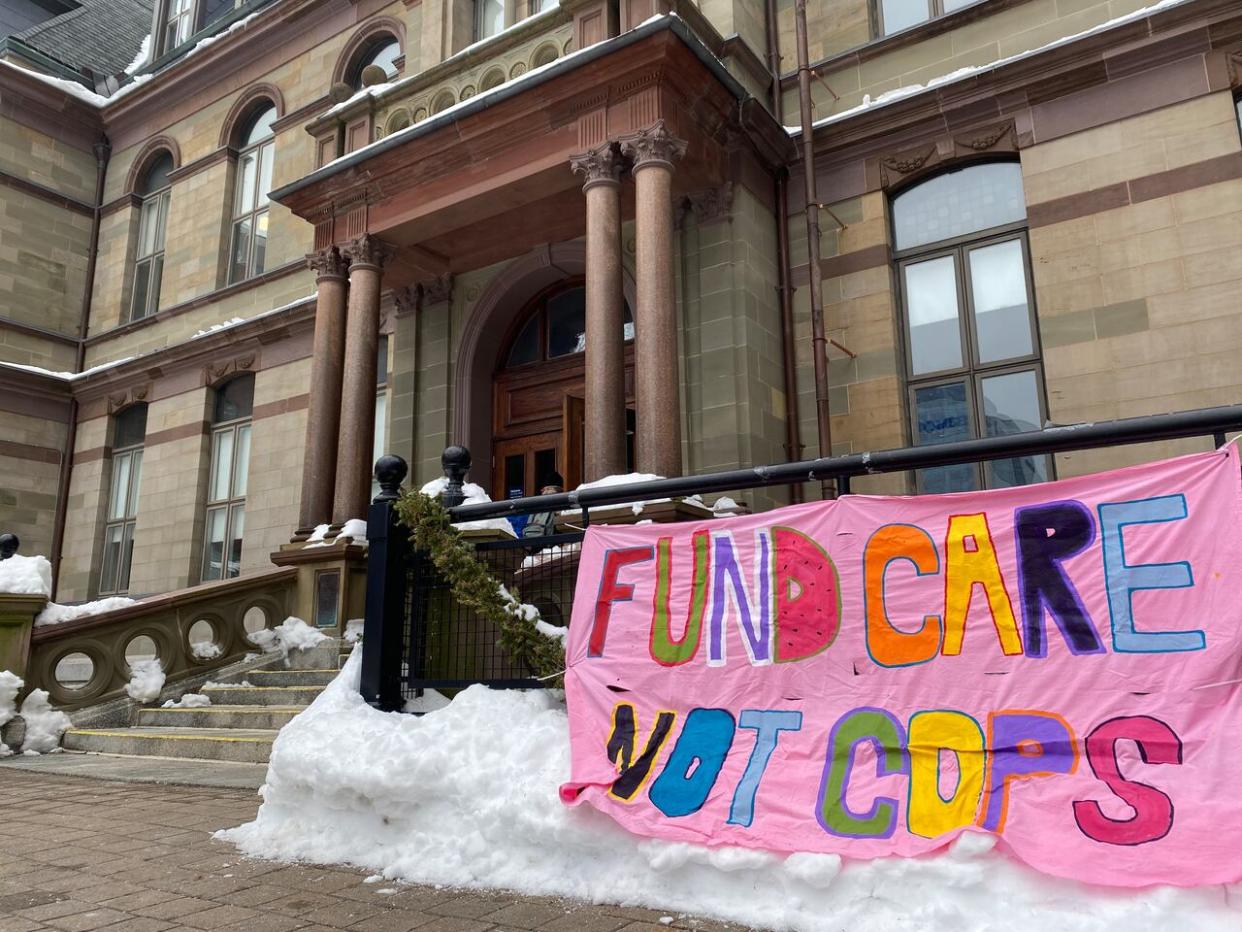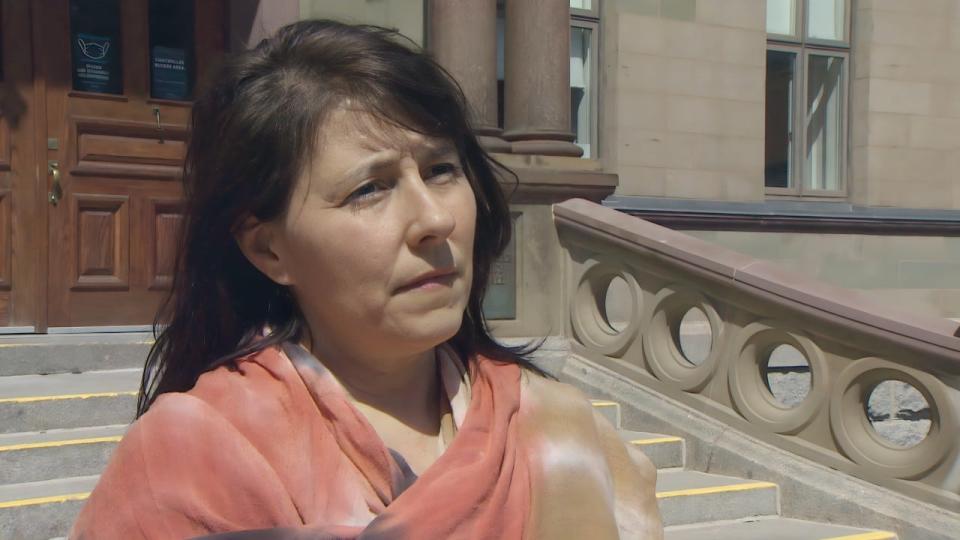Halifax council lays out plan to move away from police-led wellness checks

Halifax council is considering fast-tracking plans to have civilians — rather than police
— respond to citizens who are in crisis, a move supported by both residents and local police forces.
The Halifax Regional Municipality's new community safety department presented its $13-million budget to councillors Wednesday during a budget committee meeting.
"This is the most important thing that we are doing as a council right now. This is the transformative piece we need to be doing," Coun. Waye Mason said.
Council approved the main budget including new staff in emergency management, school crossing guards, preventing youth violence, funds for food security and a homelessness co-ordinator.
Amy Siciliano, the department's public safety adviser, told councillors a team is hoping to finalize a location for the new stabilization centre that will open this year. Previously called a sobering centre, people who are intoxicated in public could go there to be seen by civilian professionals and peers, rather than stay in a police cell.

Amy Siciliano is public safety adviser for the Halifax Regional Municipality. (CBC)
The department will also work on a mobile outreach and transportation service. It would provide rides for people who have no home to the stabilization centre, medical appointments, shelters or other safe spaces.
While the core budget has some funding for the mobile team, councillors added extra funding requests to the city's budget adjustment list that would allow a pilot project to start this year and include a mental health clinician. That list contains both possible cuts and extra funding for the 2024-25 budget, and will be considered in March.
Councillors also added funds to launch a community crisis response team to the list, which staff said could be similar to Toronto's Community Crisis Service.
Bill Moore, executive director of community safety for HRM, said the crisis team would involve professionals like social workers who could respond to low-risk mental health calls or wellness checks.
Province to launch new civilian mental-health response
Siciliano added they will work with the province to shape the pilot project. She said the Nova Scotia government is planning a new civilian mental health response for rural areas outside the urban and suburban areas of Halifax served by the Mental Health Mobile Crisis Team.
Moore said the ideal plan would follow Toronto's approach where the crisis team is considered as a possible option alongside paramedics, fire or police when a 911 call comes in.
"That requires that all of these different facets be linked together in a system to allow you to escalate, but also allow you to de-escalate," Moore said.
Much of the work stems from Halifax's 2022 report on defunding the police, the recommendations from the Mass Casualty Commission and other research.
Both heads of Halifax Regional Police and Halifax RCMP have spoken in support of more civilian-led teams to serve people better, and help free up officers for police duties.
"This is what detasking police looks like," said Coun. Lisa Blackburn.
Council will also later consider an extra $250,000 to plan an alternative third-party option where people can report sexual or gender-based violence rather than going to police directly.
Halifax's overall budget will be passed in April.
MORE TOP STORIES


